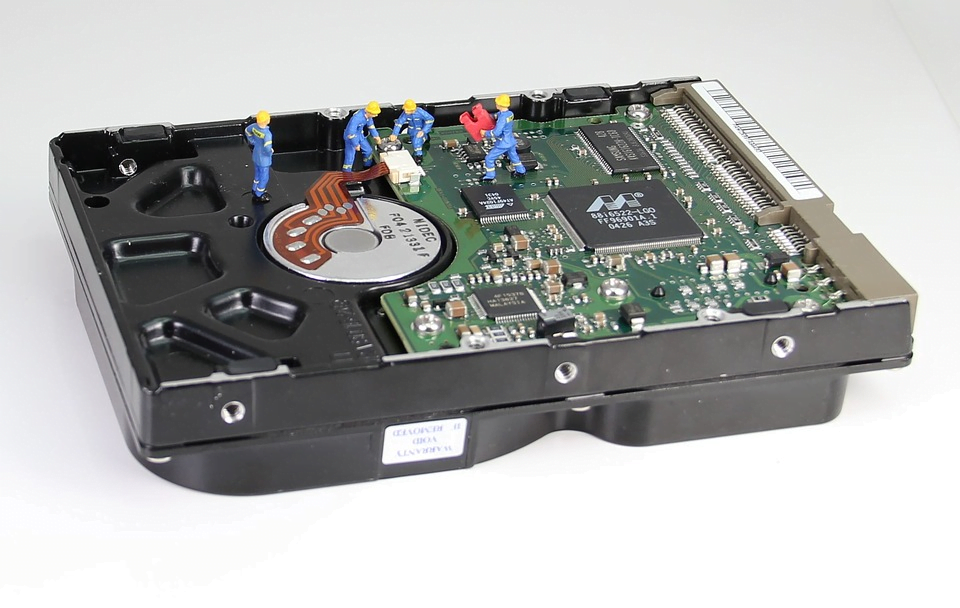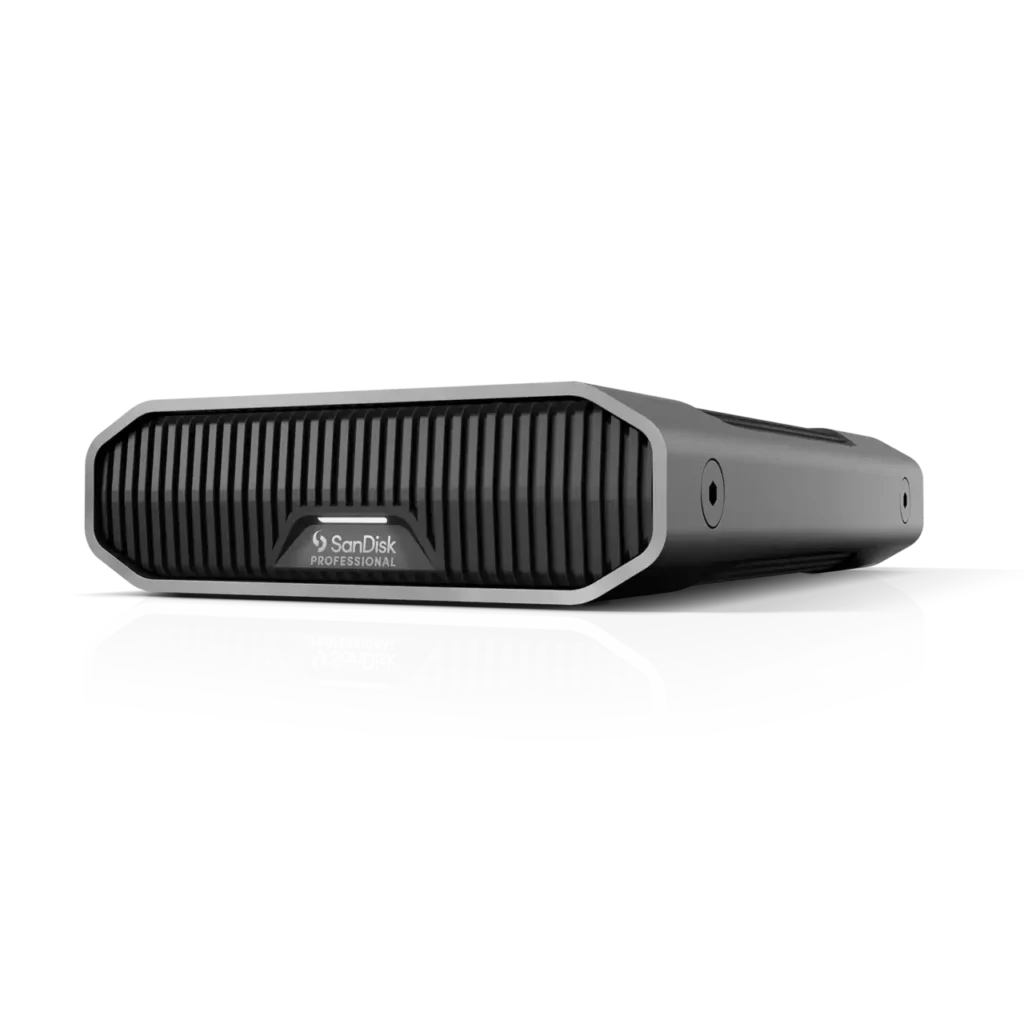
Over half a century, the personal computer has shrunk in physical stature from something that needs its room in an aerospace center to a device thin enough to lose between your couch cushions. The tech behind your average PC gets stronger as it gets smaller, and there’s no telling how lightning-fast—and how tiny—the laptops and desktops of the world might be by the time your grandchildren start using them. It’s not hard to wonder about just how tiny your average computer might become throughout your lifetime. If you’d like to know how small your computer might be by 2050, read on to get an idea.
The Past
Macs and PCs make billions of lives easier every day in the modern age, but computers used to be massive and the furthest thing from convenient, and their history goes back further than you might think. The first programmable computer is thought to have been invented by Konrad Zuse back in 1938, and even before that the English countess Ada Lovelace developed a device known as an “Analytical Engine” that shares many early similarities with computers—and she did it back in the 1800s!
But it wasn’t until the mid-to-late 20th century that computers became compact and convenient enough for use in the average person’s life. Microsoft and Apple both started making functional desktops for home use in the 1970s, and from that point, the rush to innovate was on—and the tech market would never be the same. Laptops were soon to follow, and from there computing got even smaller with the invention of devices like Blackberries and smartphones, which took many of the functions of computers and compacted them to levels the founders of computing wouldn’t even be able to imagine. Computing went from a military-grade undertaking to a bite-size convenience in historically rapid time.
The Present
There’s no telling for sure what the future might hold, but we’re already getting an idea of how small computers could get twenty or thirty years from now. Companies like EWC Technologies are innovating in the area of NUCs, which stands for Next Unit of Computing. These devices offer an insane amount of power in a package that can fit in your hand, and they allow for a level of customization that’s unprecedented outside the world of DIY computer models. NUCs are a developing arena when it comes to computing, and everyone who cares about the future of tech should keep an eye on where they go next.
Even the more traditional laptops are getting in on the action. Lenovo just unveiled a line of razor-thin gaming laptops with specs that would have been unthinkable even 10 years ago for the size of the package they come in. The days of needing bulky towers to play the most powerful games on the market are long past, and with the convenience and affordability they offer, gaming laptops are set to outpace their desktop brethren. It truly is a brave new world of tech: smaller, but all the more powerful for it.
The Future

Toy men on a hard drive
So what can we tell about the future of computers? Well, if the trajectory we’ve seen is anything to go by, they probably won’t be growing in size. With smartphones providing exponentially more power in your pocket than the innovators of computing have ever dreamed, and systems like NUCs bringing even heavy-duty computing down to size, it isn’t impossible to think that the home computer could become even smaller still. Even desktop computers are becoming thin in this day and age, proving that lighter and littler is still the wave of the future.
We’d like to hear from you, too! How small do you think computers will be in the year 2050 and are you a fan of the way your devices have been getting smaller and smaller over the years? Leave us a comment below, and for all the latest in tech, updates don’t forget to check back in with The Latest Tech News every day!
Discover more from TheLatestTechNews
Subscribe to get the latest posts to your email.












